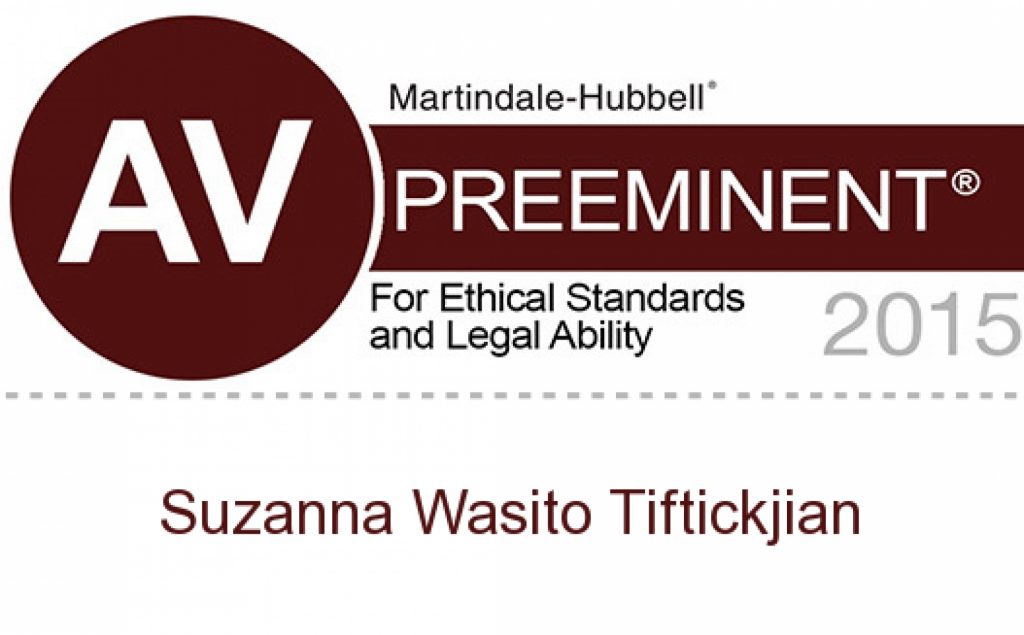A common concern among estate planning clients is providing for beneficiaries with special needs. Parents of children with special needs especially want to make sure they are provided for once they are no longer able to do so. As the children become young adults and their skills and limitations become clear, parents often want to be sure that children remain eligible for public benefits (Supplemental Security Income – “SSI”, Social Security Disability Insurance – “SSDI”, and Medicaid).
In the past, estate planners have routinely helped clients establish special needs trusts to pass wealth to their children, while preserving their eligibility for benefits. Typically, a special needs trust gives trustee sole and absolute discretion to use the funds to supplement and cover expenses that may not be covered through public benefits, such as recreation, travel, clothing, and entertainment, for example, while being mindful of the child’s future needs.
Congress recently passed the Achieving a Better Life Experience (“ABLE”) Act of 2014, which uses the existing framework for 529 College Savings Plans to accept contributions to be invested on behalf of individuals with a disability. Following are some of the highlights of these new plans:
- Who is an eligible beneficiary? A doctor must certify that the beneficiary became disabled before reaching age 26.
- What are the income tax consequences to the donor? There is no federal income tax deduction for contributions. Colorado offers a state income tax deduction for contributions by a Colorado resident to Colorado’s 529 College Savings Plan and will presumably offer the same for 529 ABLE Plans.
- What are the income tax consequences to the beneficiary? To the extent funds are not used for qualifying expenses of a disabled beneficiary, the growth would be taxed as ordinary income, plus a 10% penalty. Distributions for qualifying expenses would be tax-free.
- What are the gift tax consequences? Donor contributions are limited to the annual gift tax exclusion (currently $14,000). Notably, contributions to 529 ABLE plans do not appear eligible for the 5-year averaging rules available for front-loaded gifts to 529 College Savings Plans. Theoretically, however, a testamentary bequest could fully fund a 529 ABLE plan up to the state maximum.
- What are the estate tax consequences? Amounts in a 529 ABLE plan will not be included in the donor’s gross estate for estate tax purposes.
- What is the investment benefit? 529 ABLE plans will provide more favorable (tax-free growth) treatment than a comparable third-party special needs trust.
- What are qualifying expenses under a 529 ABLE plan? The beneficiary would be eligible for tax-free distributions when used for certain expenses (including education, housing, transportation, employment support, health and wellness) and not be disqualified from most state or Federal aid.
- May relatives set up more than one 529 ABLE plan for a single beneficiary? Unlike 529s established for college savings, where relatives may each establish separate plans for a single beneficiary, only one 529 ABLE plan may be established for a special needs beneficiary.
- What is the maximum amount that may be contributed to a 529 ABLE plan? The maximum amount will be limited to the same amount that otherwise applies to college-based Section 529 plans in the state (currently $350,000 in Colorado), i.e., the estimated amount necessary to provide for the qualified education expenses of the beneficiary. A 6% excess contributions penalty applies. Thus, special needs trusts will be appropriate where the client wants to set aside greater than the state limit.
- What kinds of assets may be contributed to a 529 ABLE plan? Only cash contributions can be made. Therefore, special needs trusts will still be appropriate where family members want to set aside real estate or other non-liquid assets for the family member’s care.
Colorado has not yet implemented its 529 ABLE plan, however, we expect that details will be announced soon. Please call our Denver estate planning attorneys if you would like to discuss how best to provide for your special needs child.





